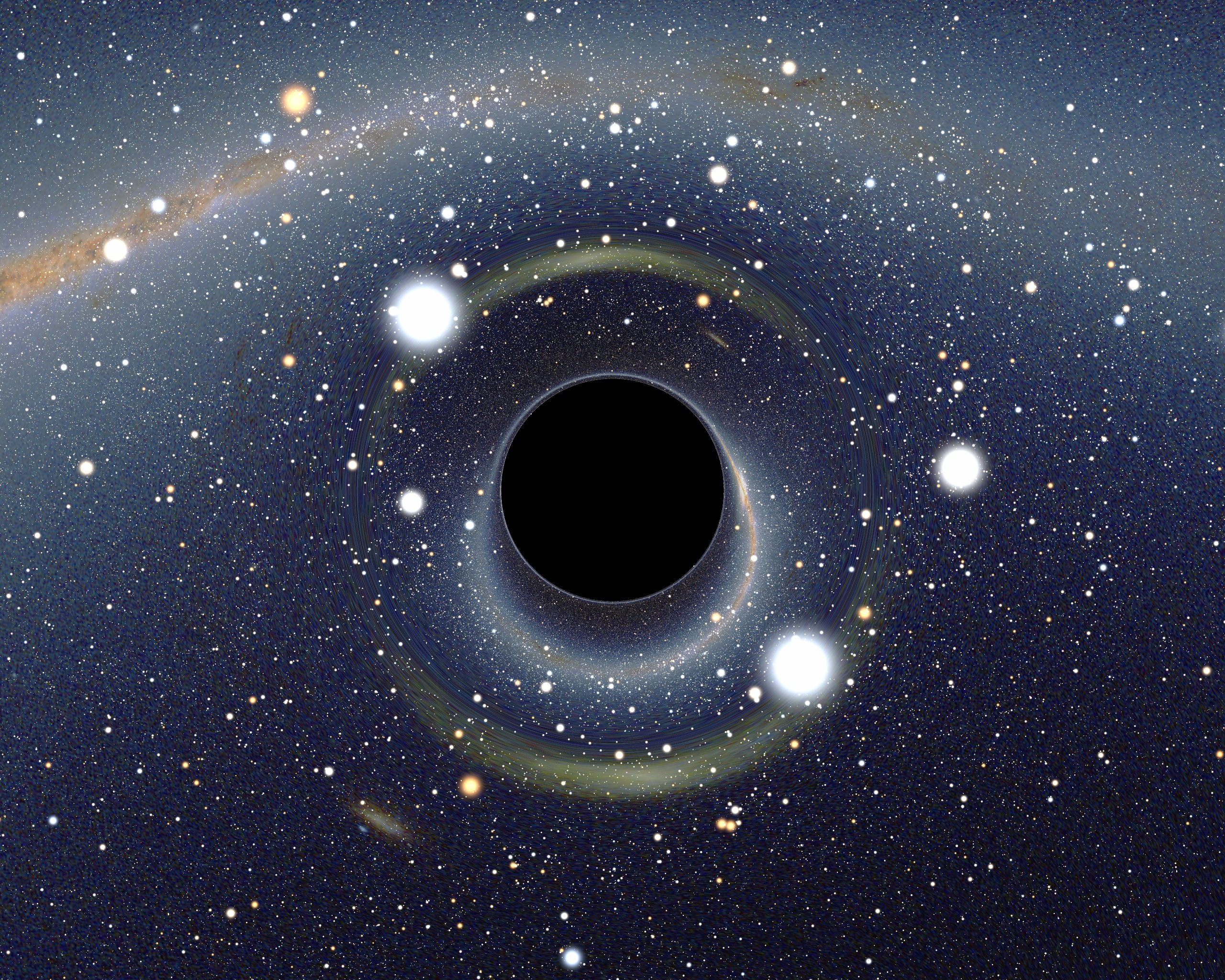The first vaccine ever made dates back to a couple of hundred years. Although almost always faced with a threat, people have found a way to protect themselves against various diseases. But it wasn’t always like that.
People have always wanted to know the answer to the question of how to prevent diseases and what to do to treat them. Infectious diseases and the protection from them is a problem that humanity has always been dealing with.
How did we get to the point where we can effectively combat viruses that attack us? Let’s find out when was the first vaccine ever made.
Contents
What Is a Vaccine?
According to the WHO (World Health Organization) definition, a vaccine is a substance that helps us create immunity in an artificial way to protect ourselves from a specific pathogen.
How do Vaccines Work?
Vaccination works by placing the vaccine (usually a dead pathogen) into our bodies in order for our immune system to produce antibodies. Those antibodies then multiply and (in most cases) successfully fight against the disease.
People can have the vaccination treatment before exposure to the causative agent, such as the vaccination against measles in children or after exposure to the causative agent, such as the vaccination against rabies after the bite of an animal that has rabies.
In case the infection occurs, the disease is usually much milder and easier to treat than having to go through it without the antibodies that the body produced.
A Brief History of Vaccines
Vaccination history is a short one with regards to the history of the whole human race but nonetheless an interesting one. We could trace the immunization process back to the 17th century when Buddhist monks used to drink snake venom to become immune to the poison, as well as battle smallpox by placing cowpox on a skin tear.
In the 18th century, Edward Jenner was the first to bring vaccination to the Western world. He noticed that milkmaids did not get smallpox because of their exposure to cowpox. He decided that it would be good to inoculate or infect people with cowpox or Variolae vaccinae virus (thus the name), which had much more serious consequences for health than cowpox but which will protect people from smallpox. It was the time when the West laid the foundations for development of vaccination. Today, thanks to Jenner and to the development of science and various new technologies, we made more vaccines in a much safer environment.
After the smallpox vaccine, scientists developed a number of new vaccines, most notable being Louis Pasteur’s cholera vaccine and Plague vaccine in the late 19th century, as well as Bacillis-Calmette-Guerin (BCG) vaccine in 1921 for tuberculosis (TB) and tetanus and diphtheria a few years later.
So, thanks to those spectacular medical achievements, we probably won’t have a pandemic as big as the first pandemic ever in our time being.
Who Made the First Vaccine Ever?
Edward Jenner, an English physician from Berkeley in England, is the biggest contributor to making the smallpox vaccine widely available.
So, if we need to answer the question of what was the first vaccine ever, the answer would be the smallpox vaccine.
Modern Viruses and the Battle against Them
Nobody could imagine that only ten years after the deadly H1N1 influenza virus in 2009, the world would face yet another deadly virus. The Covid-19, or more commonly called coronavirus came to our lives entirely unexpectedly. Just in time when the world started to recover in the economic domain.
The race for finding the coronavirus vaccine begun. Although the experts said it would take us around 2 years to develop the vaccine, the first COVID-19 vaccine trials from Chinese CanSino Biologics and a team of researchers stated that “their vaccine can stimulate the production of neutralizing antibodies and appears to be safe in a tiny group of individuals.” It is, however, unknown how the vaccine would act with a group of people, according to nature.com.
ScienceDaily states that “the first COVID-19 vaccine to reach phase 1 clinical trial has been found to be safe, well-tolerated, and able to generate an immune response against SARS-CoV-2 in humans, according to new research published in The Lancet.”
Do You Think Vaccines Could Save Humanity?
The first vaccine ever helped us to step up our game in the battlefield with viruses. The new findings of the coronavirus and the possible vaccination treatments are still a distant future, but it is safe to say that people will manage to combat the viruses effectively, just like we’ve been doing it for thousands of years.



